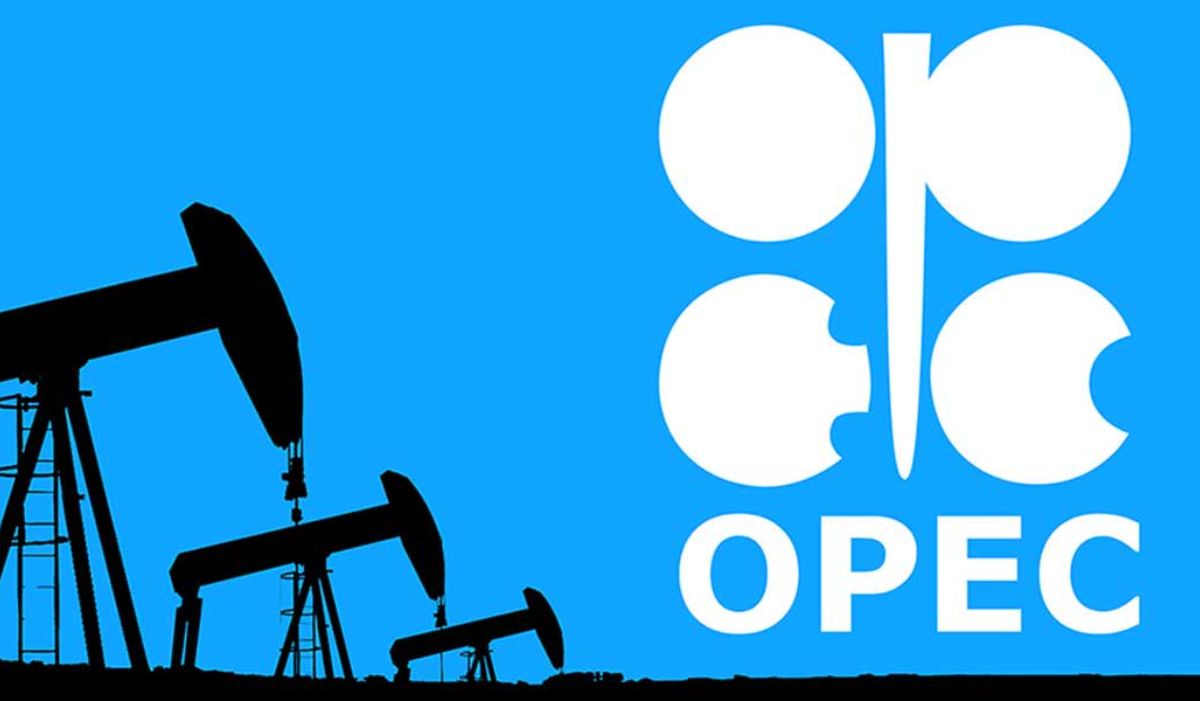Nigeria’s Oil Output Falls Short of OPEC Quota Amid Ongoing Hurdles

In August, Nigeria’s daily crude oil production dropped below its assigned OPEC limit for the first time in two months, sparking worries over the nation’s capacity to sustain recent gains despite enduring production obstacles.
OPEC’s latest figures, shared directly with stakeholders, indicate that the country averaged 1.434 million barrels per day last month, a decrease from July’s 1.507 million barrels per day.
Read also: Why India’s return to buying Nigerian crude oil is good for Africa’s top producer
This marks the smallest output volume recorded in the first eight months of 2025 and falls short of the roughly 1.5 million barrels per day quota set for Nigeria by the cartel.
The dip follows a brief uptick in production during June and July, when volumes approached the collective production ceiling after a stretch of lagging behind targets.
Factors such as persistent oil theft, damage to pipelines, and equipment problems at key loading facilities likely contributed to this latest underperformance.
Analysts caution that the regression might jeopardise the country’s anticipated income from petroleum sales, particularly since authorities are counting on elevated crude proceeds to fund next year’s national spending plan.
Petroleum exports continue to dominate Nigeria’s foreign currency inflows, making up over 80 per cent of the total.
The state-owned Nigerian National Petroleum Company Limited (NNPC) has committed to lifting production to a minimum of 1.7 million barrels per day before year’s end, relying on enhanced security in the oil-rich Niger Delta region and fresh funding for exploration and development efforts.
That said, market watchers argue that reaching this ambition demands ongoing policy changes and substantial funding to address ageing facilities and security threats.





